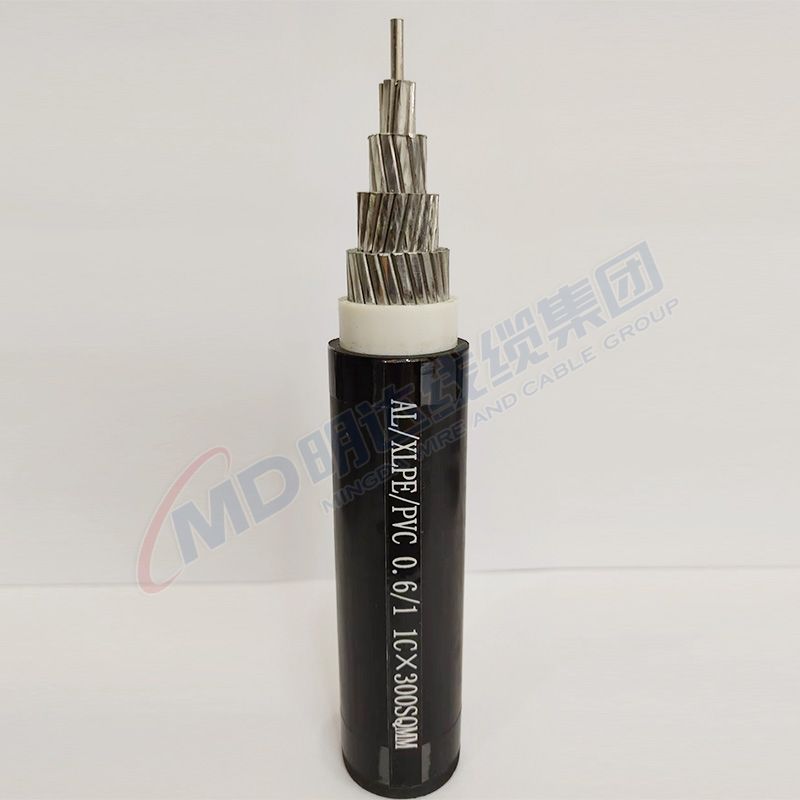Dec . 03, 2024 20:16 Back to list
Pneumatic Ball Valves for Effective Flow Control in Industrial Applications
Understanding Pneumatic Ball Valves A Guide to Function and Application
Pneumatic ball valves are essential components in numerous industrial applications, serving as vital flow control mechanisms in systems where gas or air is utilized. Their design and functionality enable them to provide reliable service for controlling the flow of fluids or gases in a myriad of settings, including manufacturing plants, chemical processing, and power generation.
How Pneumatic Ball Valves Work
At the core of a pneumatic ball valve is a spherical disc, known as the ball, which features a bore. When the valve is in the open position, the bore is aligned with the flow path, allowing gas or liquid to pass through unhindered. Conversely, when the valve is closed, the ball rotates 90 degrees, aligning with the flow path and effectively blocking it. This mechanism offers fast response times and tight sealing capabilities, making pneumatic ball valves suitable for applications requiring the swift modulation of flow.
The actuation of these valves is accomplished through a pneumatic actuator, which uses compressed air to open or close the valve. This actuator mechanism allows for automated control, integrating seamlessly into complex industrial processes. Operators can control the valve's position with precision, which is essential for maintaining the desired flow rates and pressures in the system.
Advantages of Pneumatic Ball Valves
Several benefits make pneumatic ball valves a popular choice in various applications
1. Quick Operation Pneumatic ball valves can open or close rapidly, with typical operation times ranging from 2 to 5 seconds. This quick functionality is crucial in processes where immediate action is required to maintain safety and efficiency.
pneumatic ball valve

2. Durability Constructed from robust materials such as stainless steel or brass, pneumatic ball valves can withstand high pressures and temperatures, making them suitable for demanding industrial environments.
3. Minimal Maintenance Their simple design reduces the likelihood of wear and tear. When properly installed and operated, these valves require minimal maintenance, which can lead to lower operational costs over time.
4. Versatility Pneumatic ball valves are compatible with a wide range of fluids and gases, including corrosive substances, making them versatile in various industries. They're ideal for applications in water treatment, food and beverage processing, and chemical manufacturing.
5. Excellent Sealing The design of the ball allows for a tight seal, preventing leakage and ensuring the integrity of fluid transfer processes. This is particularly important in applications where leaks could pose safety hazards or lead to costly downtime.
Applications in Industries
Pneumatic ball valves find their applications across multiple industries. In the oil and gas sector, they play a critical role in controlling the flow of hydrocarbons, while in the food and beverage industry, they ensure that products are transferred safely and cleanly. Furthermore, in the pharmaceutical industry, the stringent sanitary standards are met effectively with the use of pneumatic ball valves, which can be designed to be easily cleaned and sterilized.
Conclusion
Pneumatic ball valves are indispensable in modern industrial applications. Their efficient operation, durability, and versatility make them suitable for various sectors. As industries continue to evolve, the demand for efficient fluid and gas control systems will only increase, enhancing the role and importance of pneumatic ball valves in achieving operational excellence. Understanding their functionality and advantages can help businesses select the right valves for their specific needs, ensuring optimal performance and safety in their processes. Comprehensive attention to the integration of pneumatic ball valves in industrial systems can lead to increased efficiency, reduced costs, and enhanced safety, solidifying their place as a cornerstone of fluid control technology.
Share